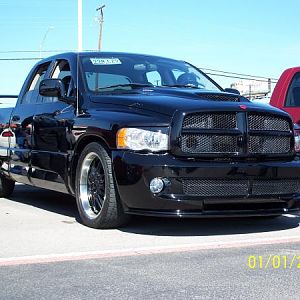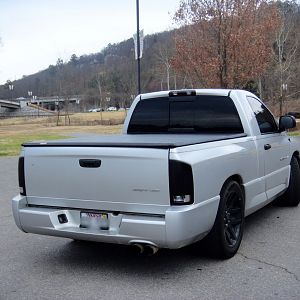SilvrSRT10
Full Access Member
- Joined
- May 22, 2006
- Messages
- 6,865
- Reaction score
- 0
It looks like it's time to repair/replace the gas pack on the house. It's 12 years old and the heat exchanger has a crack in it. It's old technology (about a 10 SEER) with a single speed fan in it. We've already had the compressor replaced a couple years ago. So do we get the exchanger replaced ($1600) or have the whole unit replaced?
If we go whole unit, do we go back with another gas pack or replace it with a heat pump unit? In any event we will be going with a higher SEER unit (14/15) and a variable speed fan. I've read that heat pumps aren't as warm as a gas pack but can be much more efficient.
I've also heard about the duel fuel units where the HP heats down to a certain temp and below that the gas system kicks in. I'm really leaning toward the HP because propane is costing an arm and a leg.
So any input on newer systems would be appreciated. Oh, one other thing to consider. We had a solar hot water system installed and are going to have the solar exchanger installed in the duct work to subsidize the heat so hopefully the HP/gas pack won't have to work too much. TIA
If we go whole unit, do we go back with another gas pack or replace it with a heat pump unit? In any event we will be going with a higher SEER unit (14/15) and a variable speed fan. I've read that heat pumps aren't as warm as a gas pack but can be much more efficient.
I've also heard about the duel fuel units where the HP heats down to a certain temp and below that the gas system kicks in. I'm really leaning toward the HP because propane is costing an arm and a leg.
So any input on newer systems would be appreciated. Oh, one other thing to consider. We had a solar hot water system installed and are going to have the solar exchanger installed in the duct work to subsidize the heat so hopefully the HP/gas pack won't have to work too much. TIA





